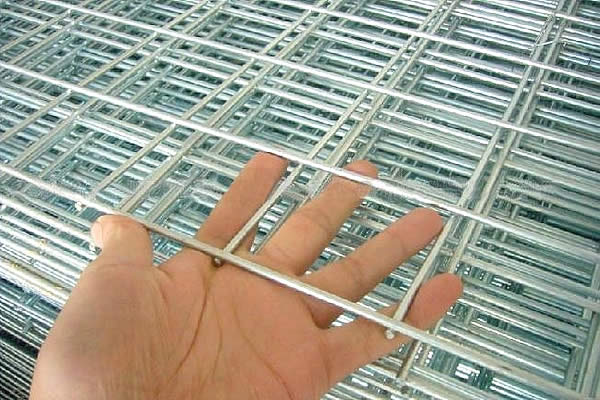 TEL:
+86-13102802206
TEL:
+86-13102802206
 Email:
fencenetting@china.com
Email:
fencenetting@china.com
 Language
Language
 TEL:
+86-13102802206
TEL:
+86-13102802206
 Email:
fencenetting@china.com
Email:
fencenetting@china.com
 Language
Language


The Utility and Aesthetics of Barbed Wire Fence Panels
Barbed wire fence panels are a common sight across various landscapes, serving as an effective and cost-efficient solution for property demarcation, livestock management, and security. These panels, characterized by their twisted wires adorned with sharp barbs, have a storied history and diverse applications that extend beyond their traditional uses.
Historical Context
The invention of barbed wire in the late 19th century revolutionized fencing methods. Prior to this, property owners relied on wooden fences, which were expensive and required ongoing maintenance. Barbed wire offered a durable, low-cost alternative that could be easily installed and maintained. The simple mechanics of barbed wire fencing allowed farmers and ranchers to control their livestock more effectively, marking boundaries that were both visible and formidable.
Design and Composition
Barbed wire fence panels are typically made from galvanized steel wire to ensure longevity and resistance to rust. The barbs are spaced at regular intervals and can be configured in various styles, depending on the specific requirements of the user. The standard barbed wire panel usually consists of several horizontal wires connected vertically through posts, which can be made of wood, metal, or concrete. The height of the fence is generally around 4 to 6 feet, making it sufficient to deter animals and intruders while allowing visibility.
Applications
One of the primary uses of barbed wire fence panels is in agriculture, where they are employed to contain livestock such as cattle, sheep, and goats. The sharp barbs prevent animals from pushing through or jumping over, thereby ensuring the safety of both livestock and crops. Furthermore, these panels are widely utilized in commercial properties, construction sites, and residential areas to enhance security. The intimidating appearance of barbed wire acts as a deterrent to trespassers, making it a popular choice for protecting valuable assets.

In addition to agricultural and security applications, barbed wire panels can also serve aesthetic purposes. With a bit of creativity, they can be incorporated into landscaping designs, serving as rustic garden fences or decorative elements in outdoor spaces. Some homeowners choose to plant climbing vines or flowers alongside barbed wire panels, softening their stark appearance while maintaining the functional benefits.
Advantages of Barbed Wire Fence Panels
The advantages of barbed wire fence panels are numerous. First and foremost, they are cost-effective. Compared to other fencing materials such as wood or vinyl, barbed wire requires a lower initial investment. Additionally, the installation process is straightforward, allowing property owners to set up their fences quickly without specialist help.
Durability is another significant advantage. Barbed wire is designed to withstand harsh weather conditions, including high winds, rain, and snow. This resilience results in low maintenance costs over the long term, as repairs are infrequently needed. Additionally, barbed wire panels are eco-friendly and can often be recycled, making them a sustainable choice in today’s environmentally-conscious world.
Disadvantages and Considerations
Despite their many benefits, barbed wire fence panels are not without drawbacks. They can pose risks to both humans and animals if not installed correctly. It's essential to ensure that the sharp barbs are positioned away from areas where people or wildlife may come into contact with the fence. Moreover, in certain contexts, barbed wire may not be the best aesthetic choice, particularly in residential areas where other fencing options might enhance property value more effectively.
Conclusion
Barbed wire fence panels continue to be a practical solution for those in need of effective fencing. Their utilitarian design and adaptability make them a staple in agricultural and security contexts. With a blend of functionality and the potential for creative applications, barbed wire fencing can serve various needs while enhancing the overall landscape. Whether used for protection, containment, or decoration, the enduring legacy of barbed wire reminds us of its crucial role in shaping property management and security solutions.